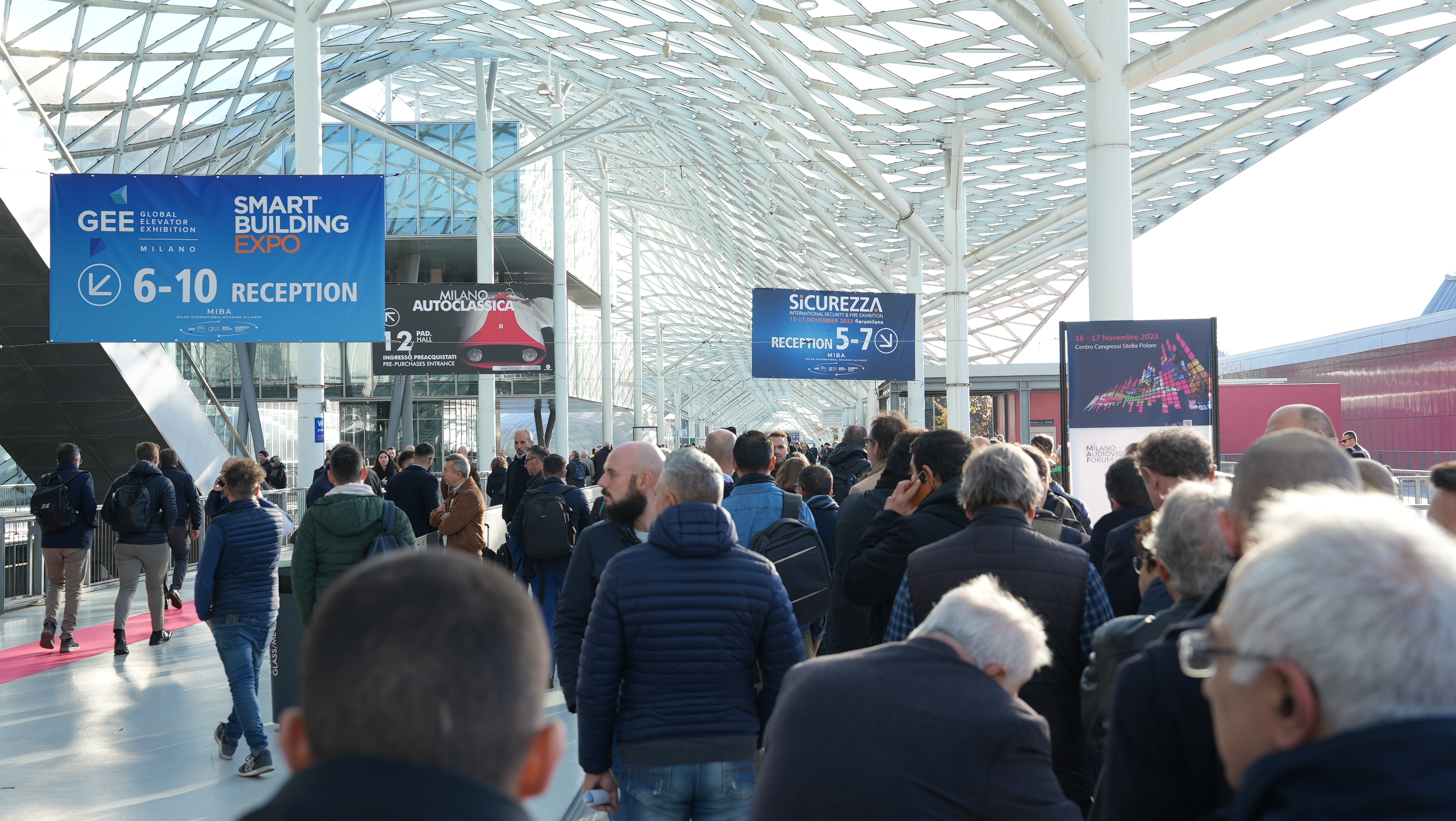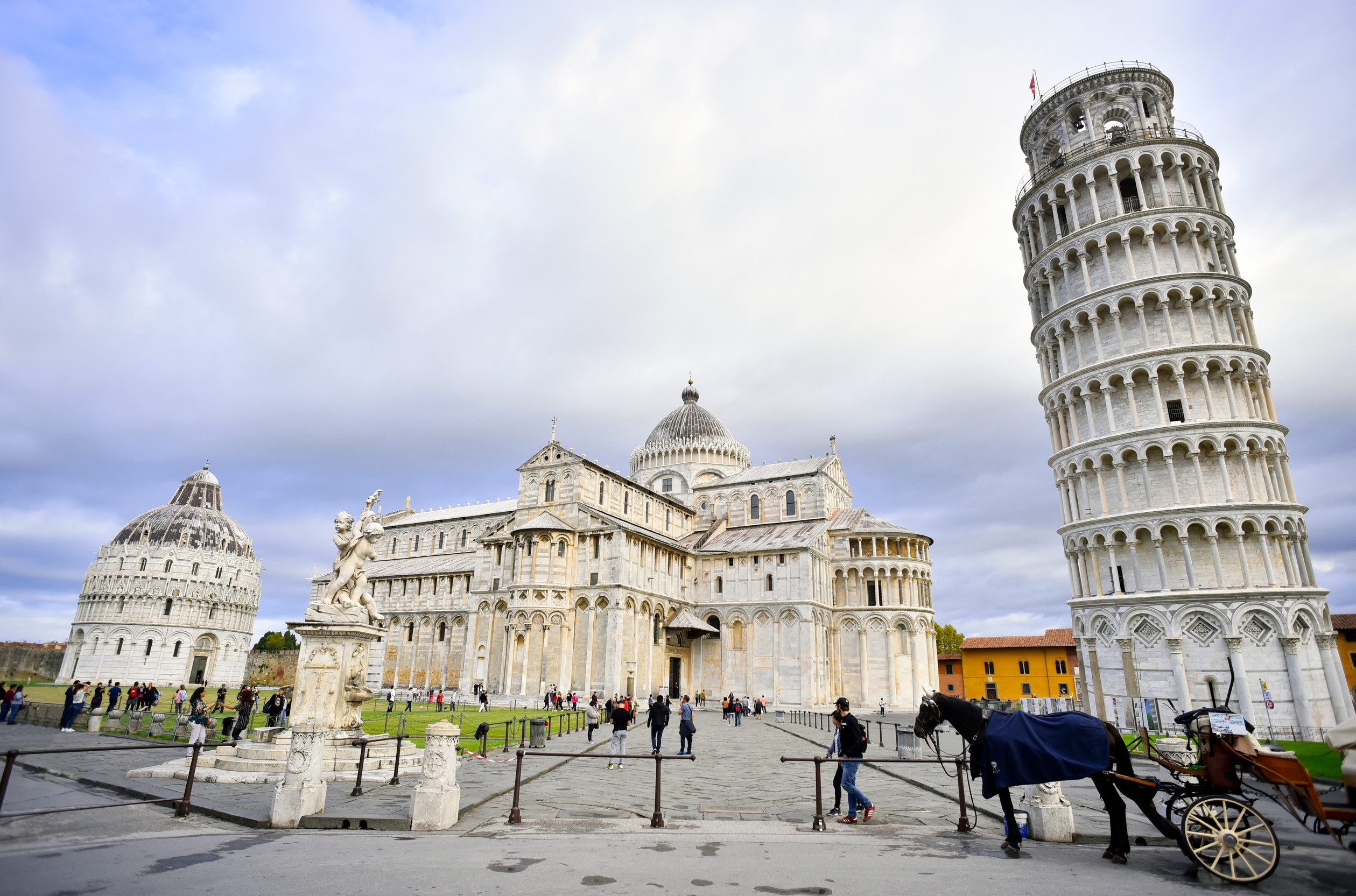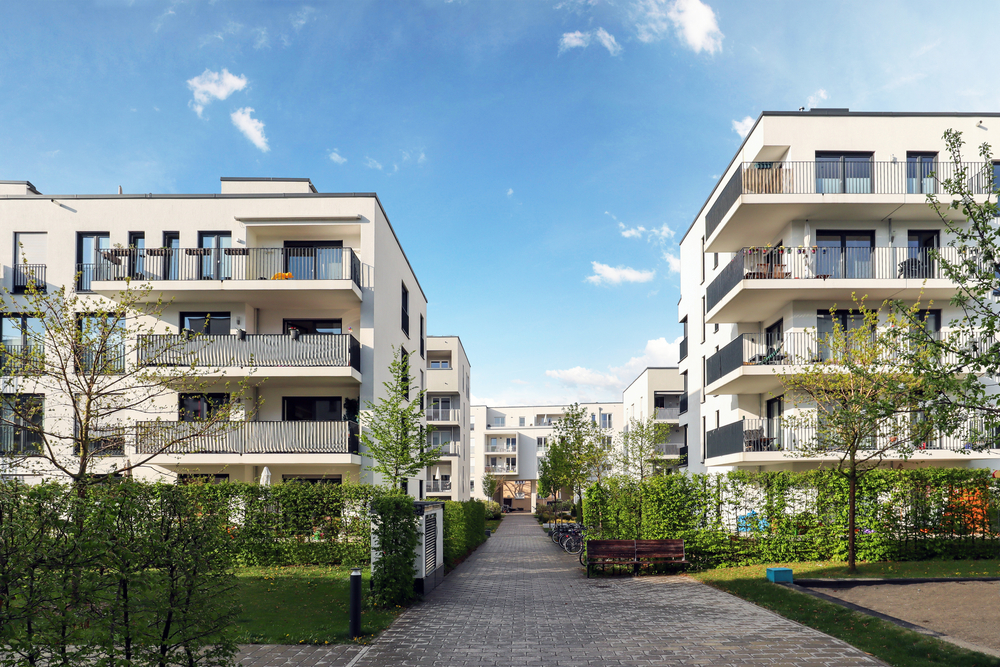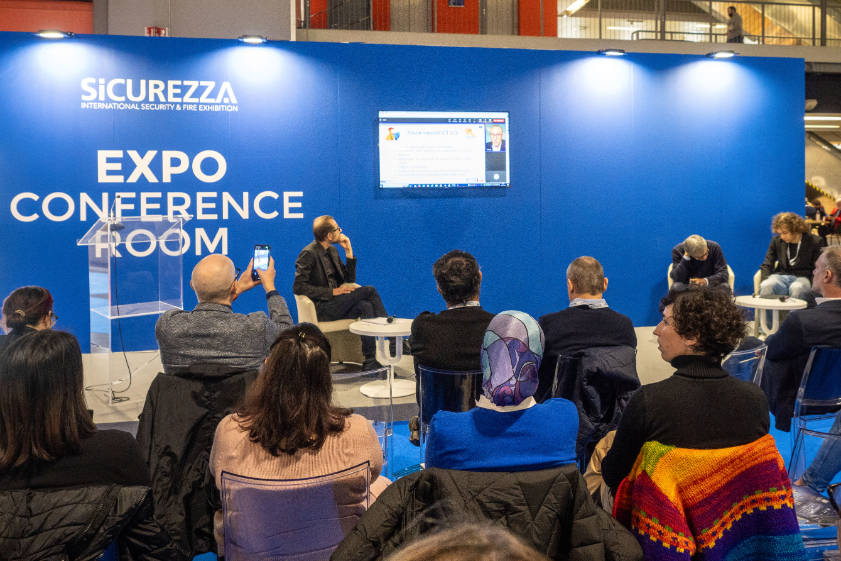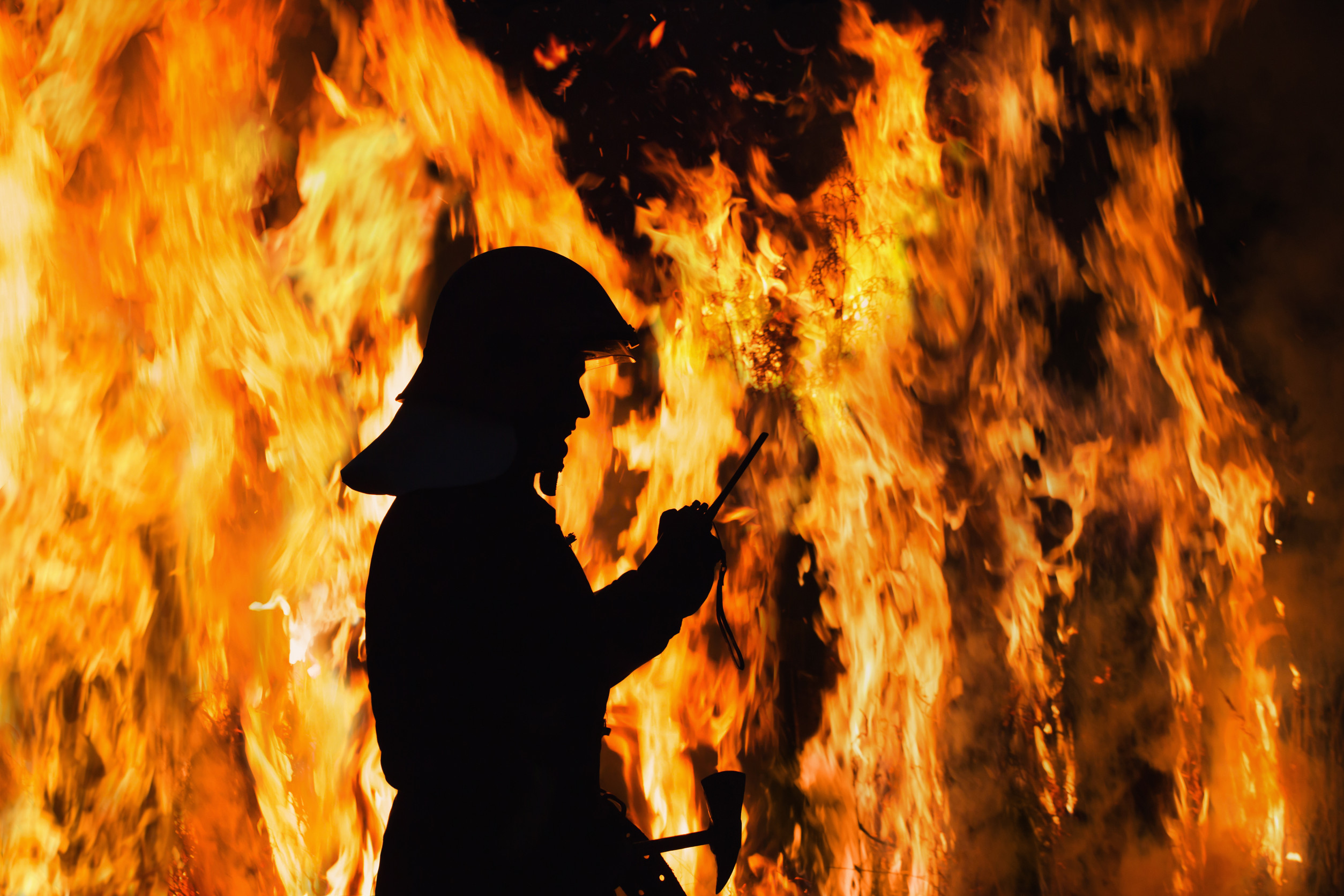The construction world is undergoing an epochal transformation, facing the challenge of the twin-transition, or the ecological and digital transition required by the European "Green Homes" directive. The Italian construction sector, in which, notably, 75% of buildings are energy inefficient, must adapt quickly to reduce consumption and emissions, especially since the European directive mandates achieving "zero emissions" for new constructions by 2030 and the significant renovation of existing buildings. A major challenge for the sector.
The MIBA Observatory: analysis and future scenarios
To help professionals understand the implications and developments that await them, Fiera Milano has entrusted the Politecnico di Milano- starting from this edition the scientific partner of MIBA-Milan International Building Alliance 2025 (the format of which SICUREZZA is part together with three other fairs)- with the task of creating an Observatory, to analyse scenarios and trends, with the aim of focusing on the key development themes. The first Observatory focuses precisely on the green homes directive and its potential impact on the various sectors represented by MIBA: the building envelope, materials, systems, energy, and technologies, from which, of course, security technologies stand out as key areas of focus, tasked with ensuring both the physical and digital protection of increasingly smart buildings.
In particular, considering that energy requalifications together with building renovations/maintenances are the driving factor of the construction sector, it is clear that the immediate future of the sector is inextricably linked to the technical, economic and regulatory measures that will be applied to ensure not only its stabilisation, but above all its growth.
In this sense, the Renovation Wave, the European Commission's strategy aimed at increasing the efficiency of the building stock (currently responsible for 40% of emissions and almost 50% of energy consumption), can be the main stimulus for the redevelopment of buildings, with the aim of reducing their energy-environmental impact and increasing their resilience to climate change. The ultimate goal is to have buildings and cities that meet modern standards of sustainability, efficiency, comfort, functionality, safety and accessibility.
While awaiting the definition of the national implementing decrees of the so-called Green Homes Directive (fourth update of the Energy Performance of Buildings Directive, or EPBD IV), the MIBA Observatory, curated by the Department of Architecture, Built Environment and Construction Engineering of Politecnico di Milano, has constructed 3 hypothetical scenarios that foresee different levels of investment and achievable savings for the period 2025-2035.
The first more conservative scenario (Business As Usual - BAU), the second compliant with the objectives imposed by the EPBD (Policy Driven) and the third ambitious (Ambitious), hypothesise different levels of expenditure on energy requalification interventions. These are additional to the fixed quota of annual investments destined for renovations/maintenance, which are assumed to be carried out regardless of the transposition of the Directive and remain stable at pre-Superbonus levels.
In exactly one year, during MIBA (19 – 21 November 2025, Fiera Milano), it will be possible to make an initial assessment and reflect more broadly on the potential that intervention on the building heritage can create for companies and professionals in the security & fire sector.
WANT TO READ THE COMPLETE OBSERVATORY?
CONTACT US



